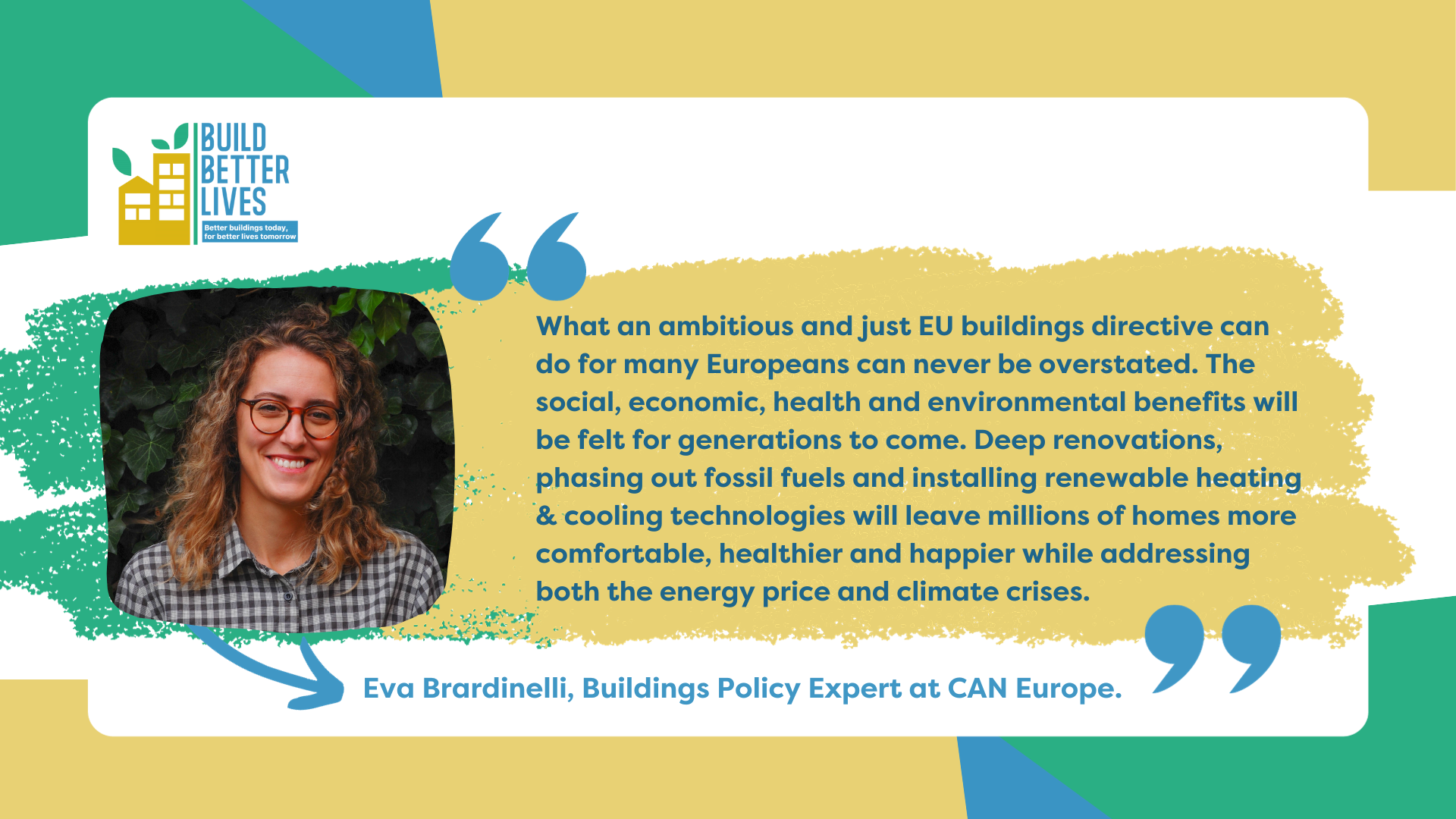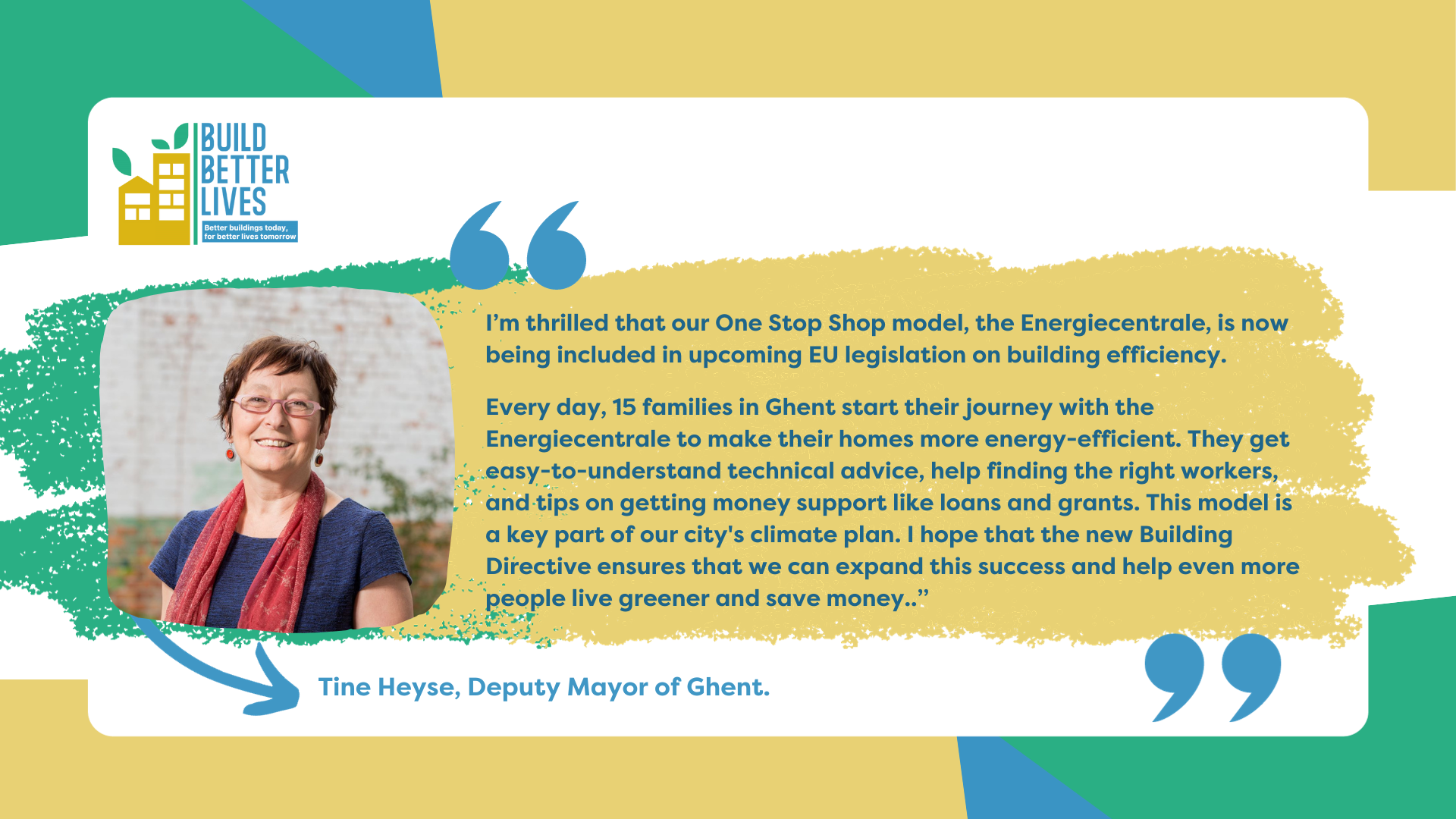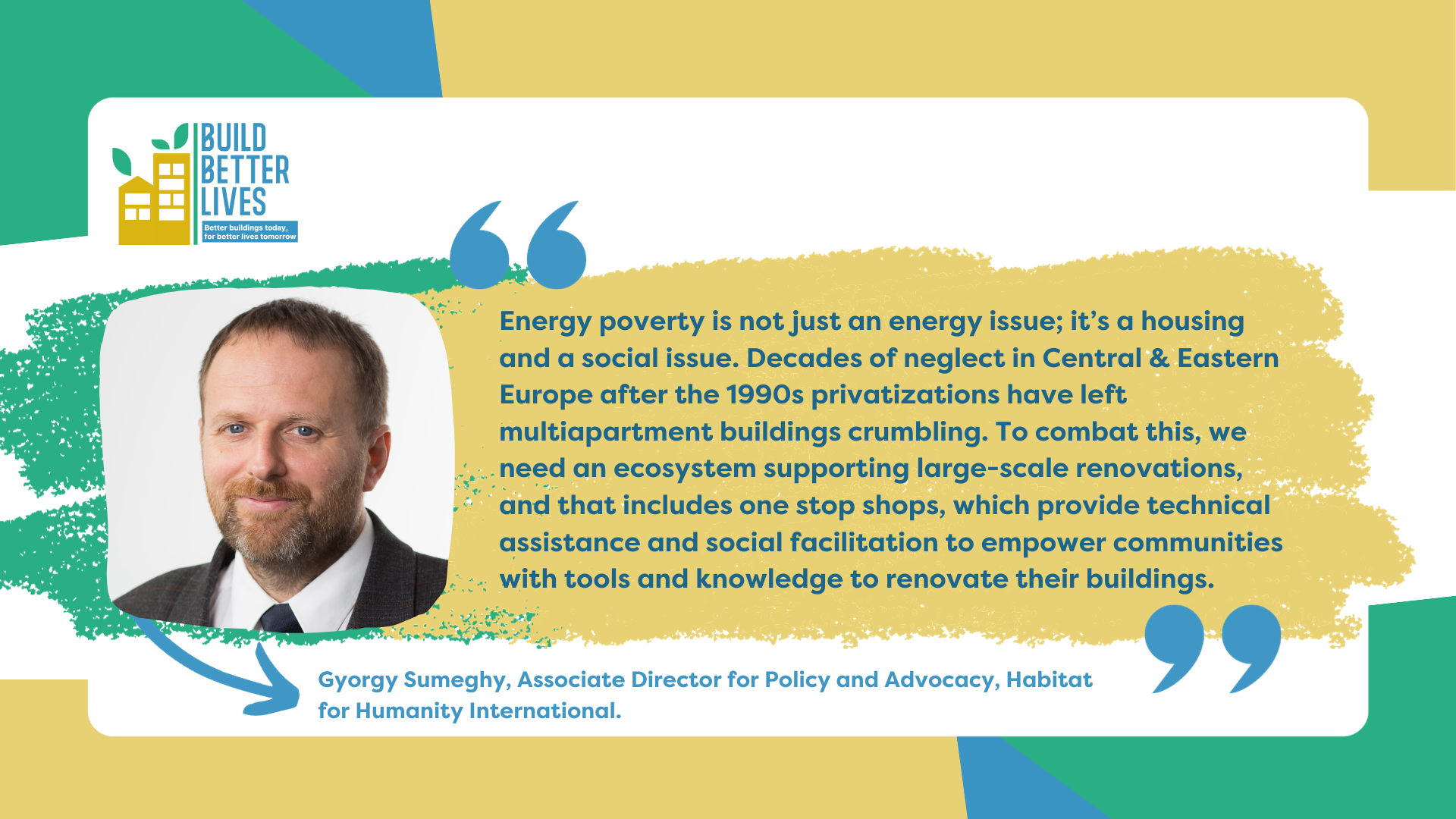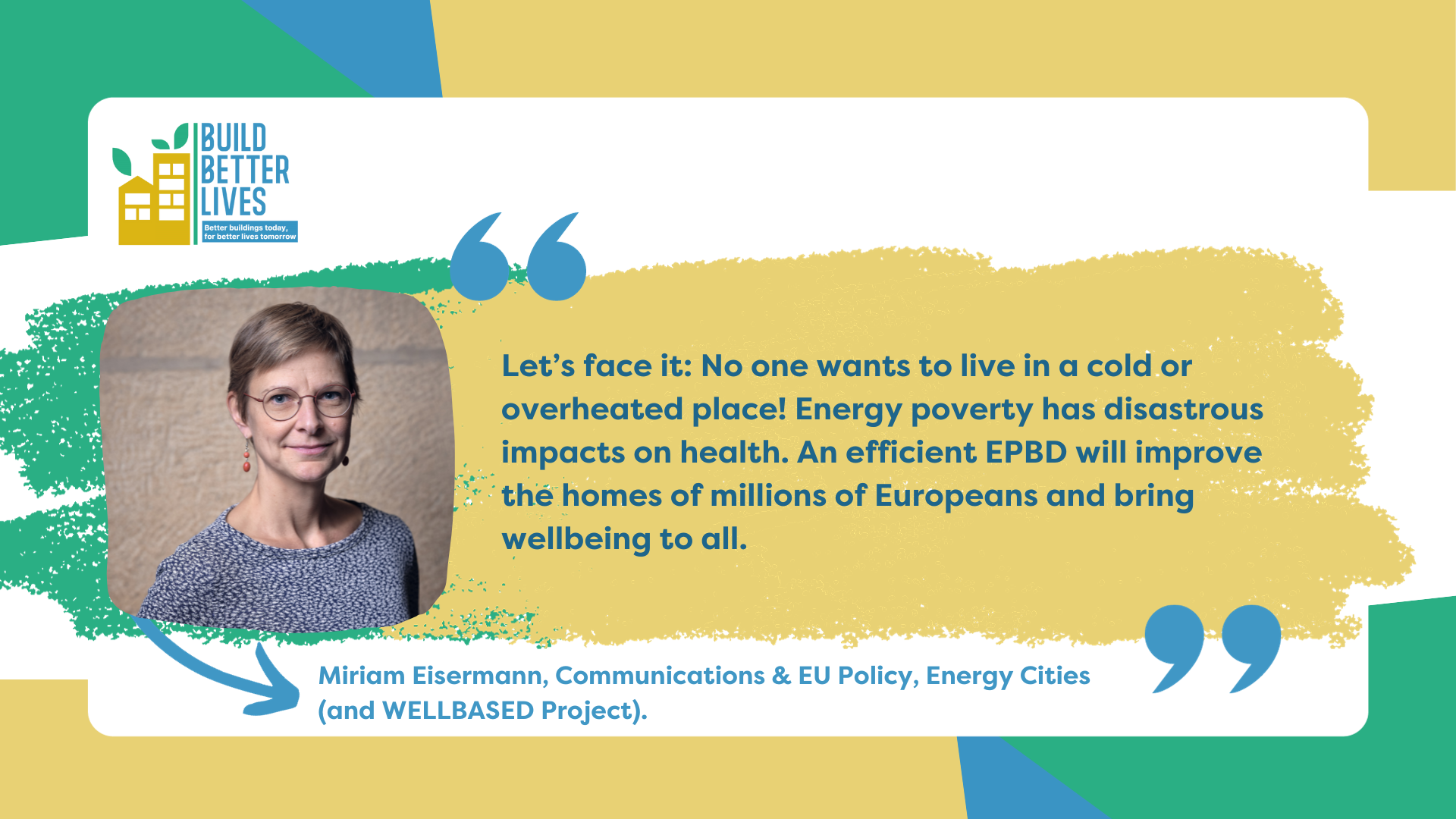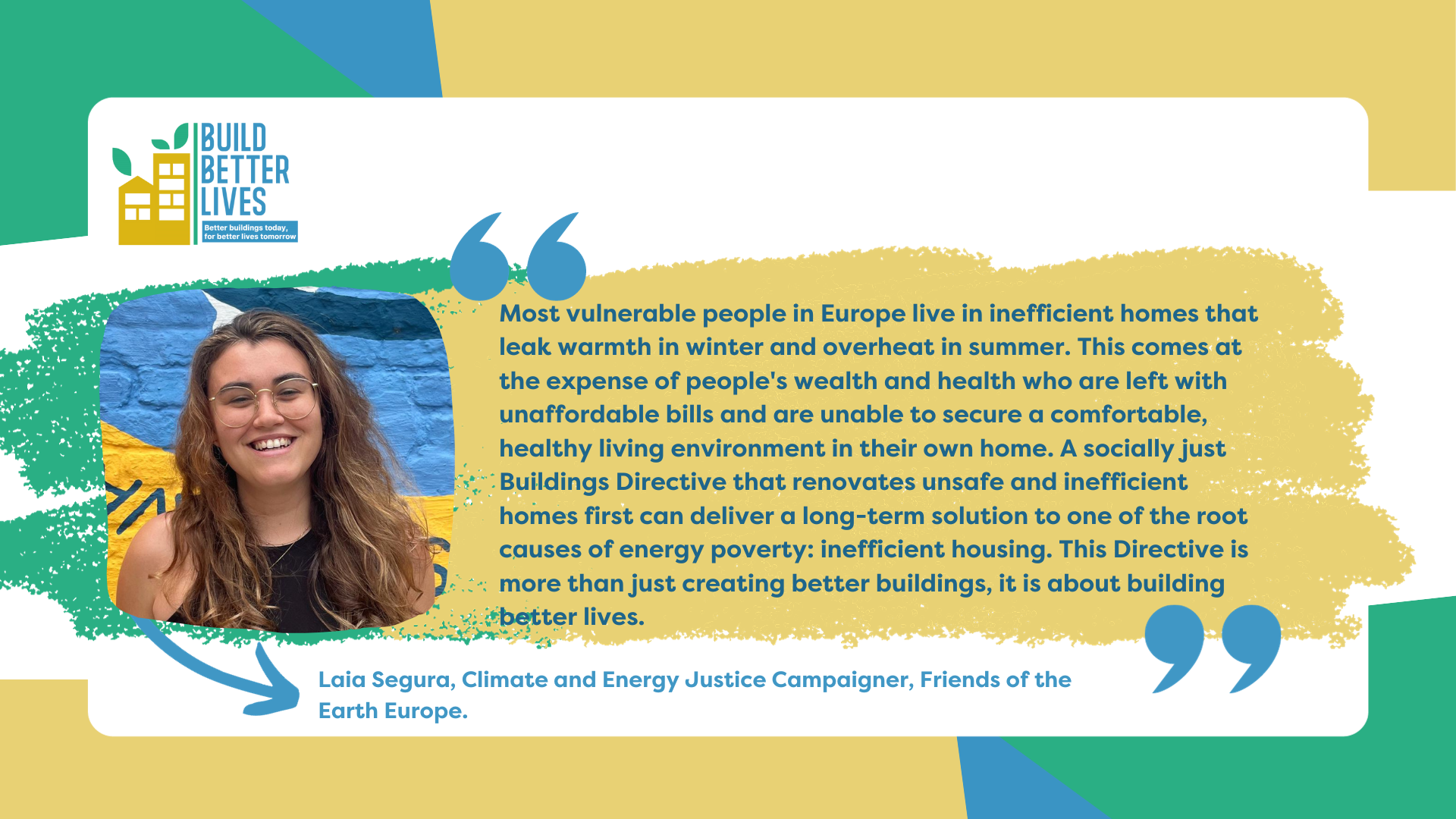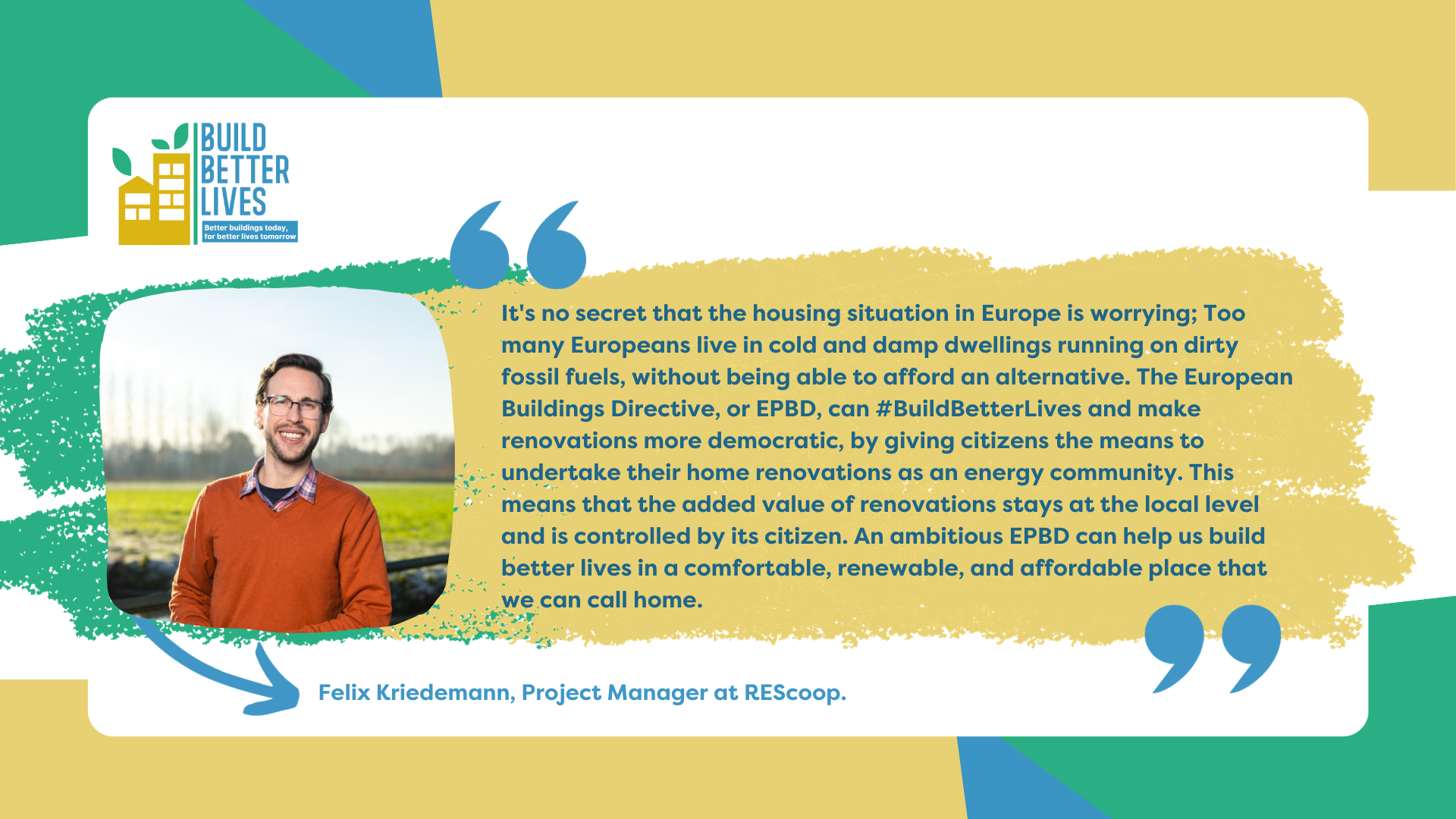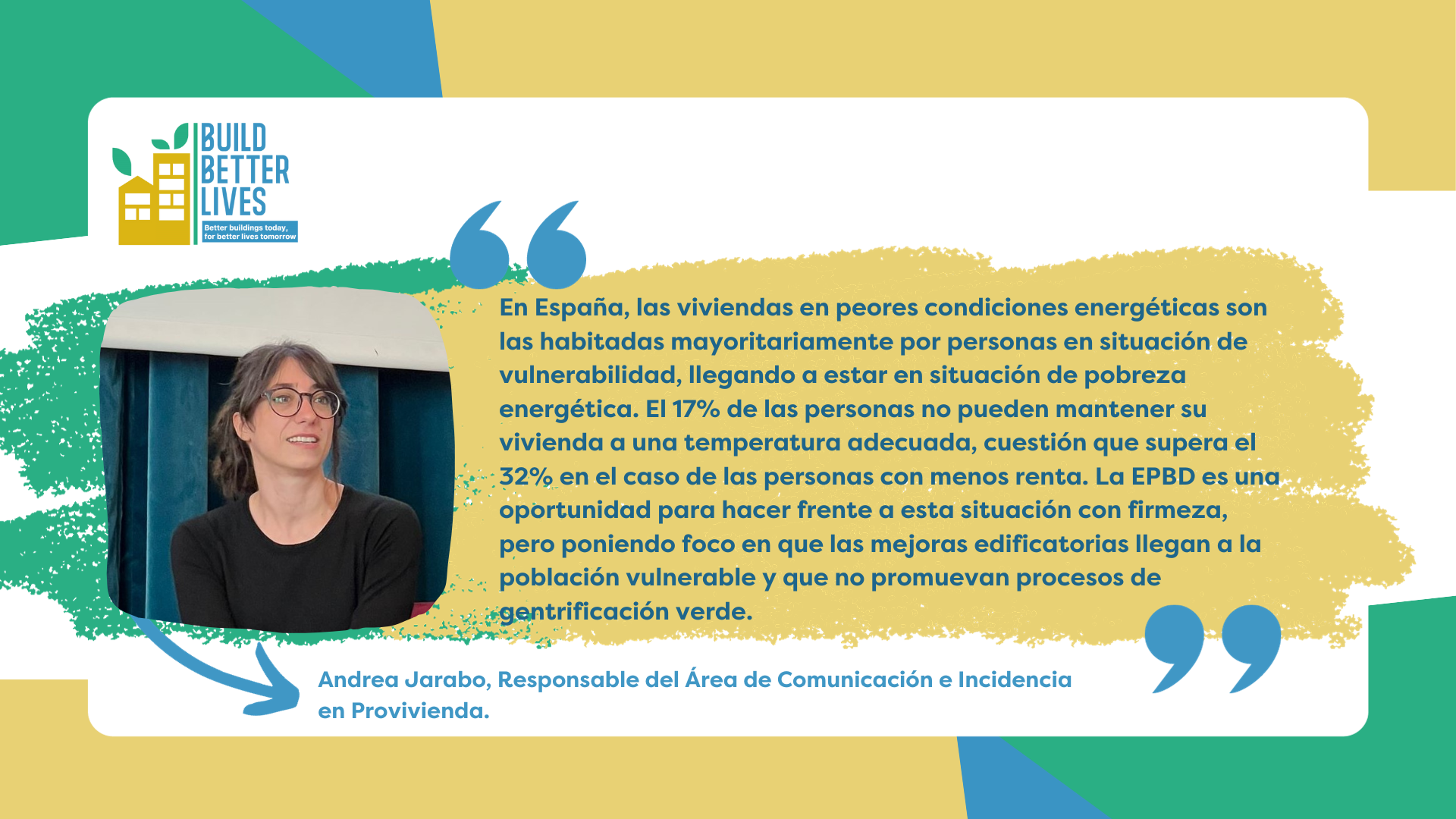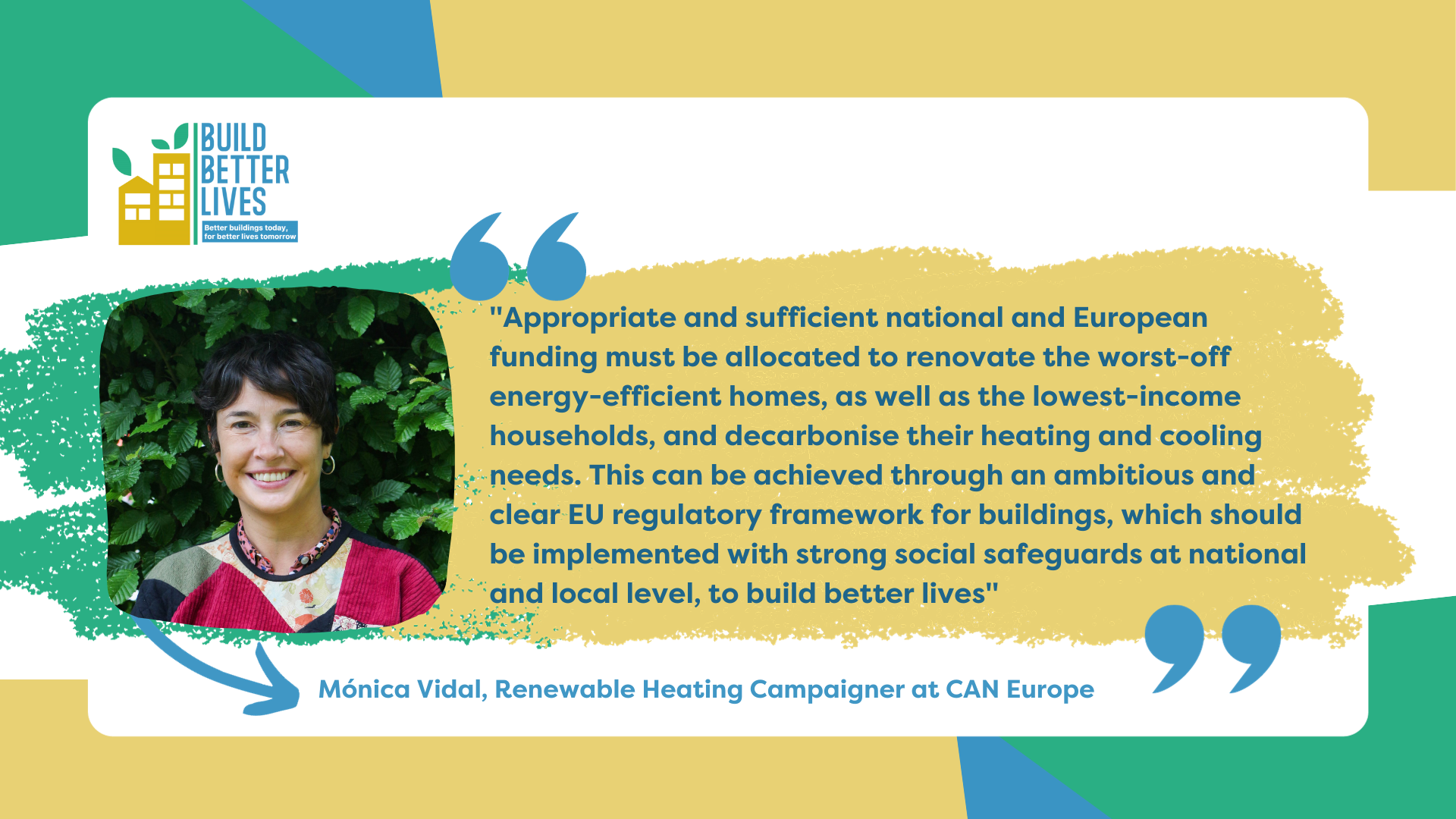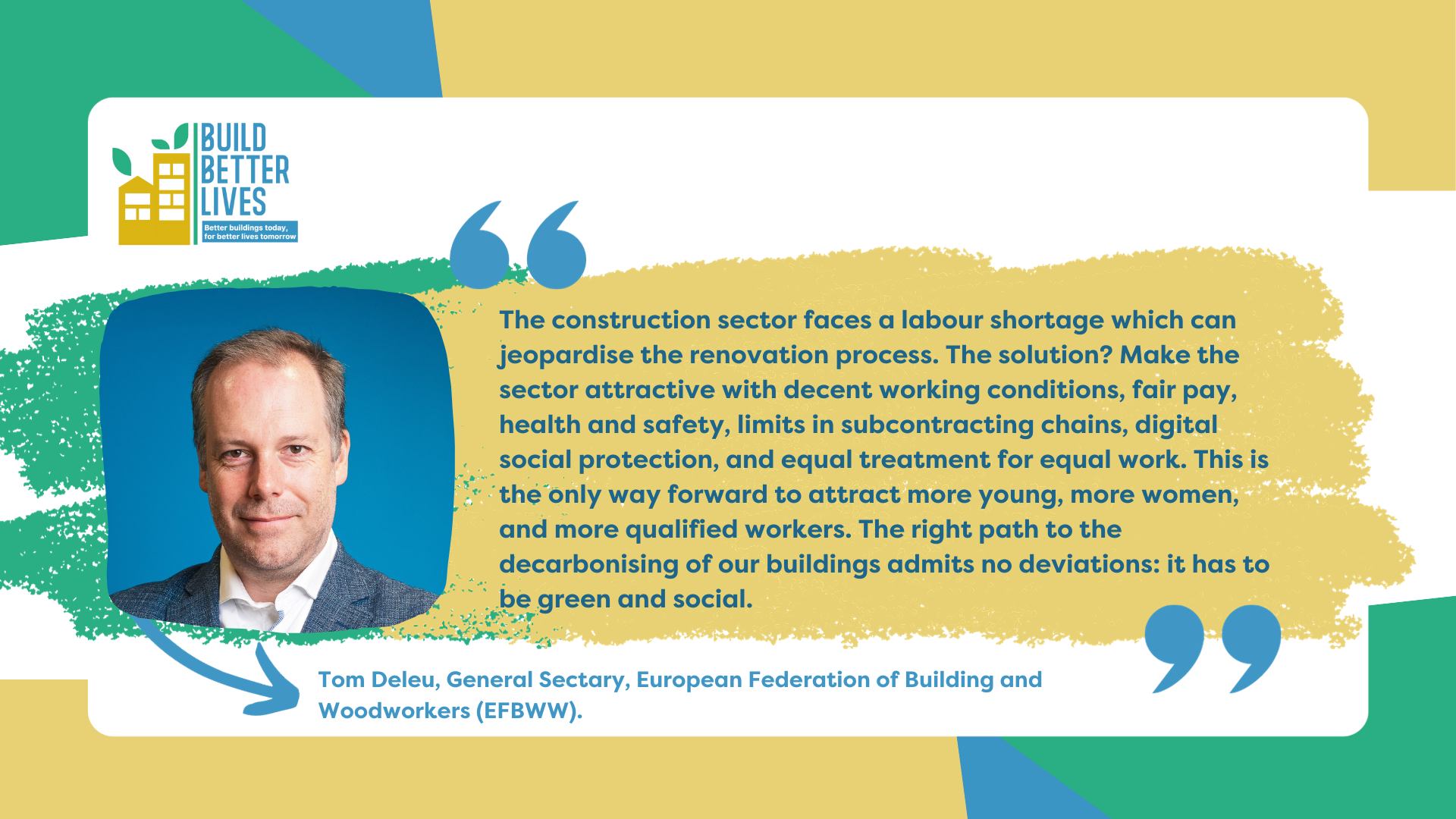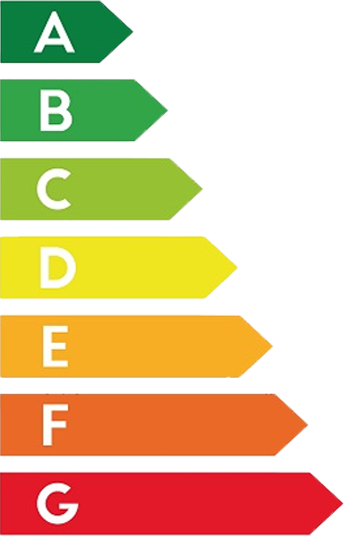
What is the
EPBD
Energy Performance of Buildings Directive

The Energy Performance of Buildings Directive (EPBD) is a key policy instrument of the European Union aimed at improving the energy efficiency of homes and buildings. Initially adopted in 2002, with the latest revised version being formally adopted in May, 2024. The directive requires member states to implement measures such as energy performance certificates, the installation of renewable and sustainable heating cooling technologies, and nearly zero-energy building (NZEB) standards for new constructions.
EU and national building policies must address environmental goals while also prioritising social justice, creating a more equitable transition to sustainable living, where everyone can enjoy the benefits of a climate-neutral, healthier, and more affordable built environment.
The responsibility now falls on the Member States to urgently deliver a fair and just renovation wave that is embedded with strong social safeguards to ensure no one is left behind. Helping to lift millions of households out of energy poverty while collectively contributing to the EU’s goal of reaching climate neutrality. Member States should look to build upon the lacking ambition enshrined within the recently adopted EPBD text and deliver better buildings today for better lives tomorrow.

FAST FACTS
ABOUT BUILDINGS
Buildings are responsible for up to
In 2023,
Heating for residential buildings takes up to

